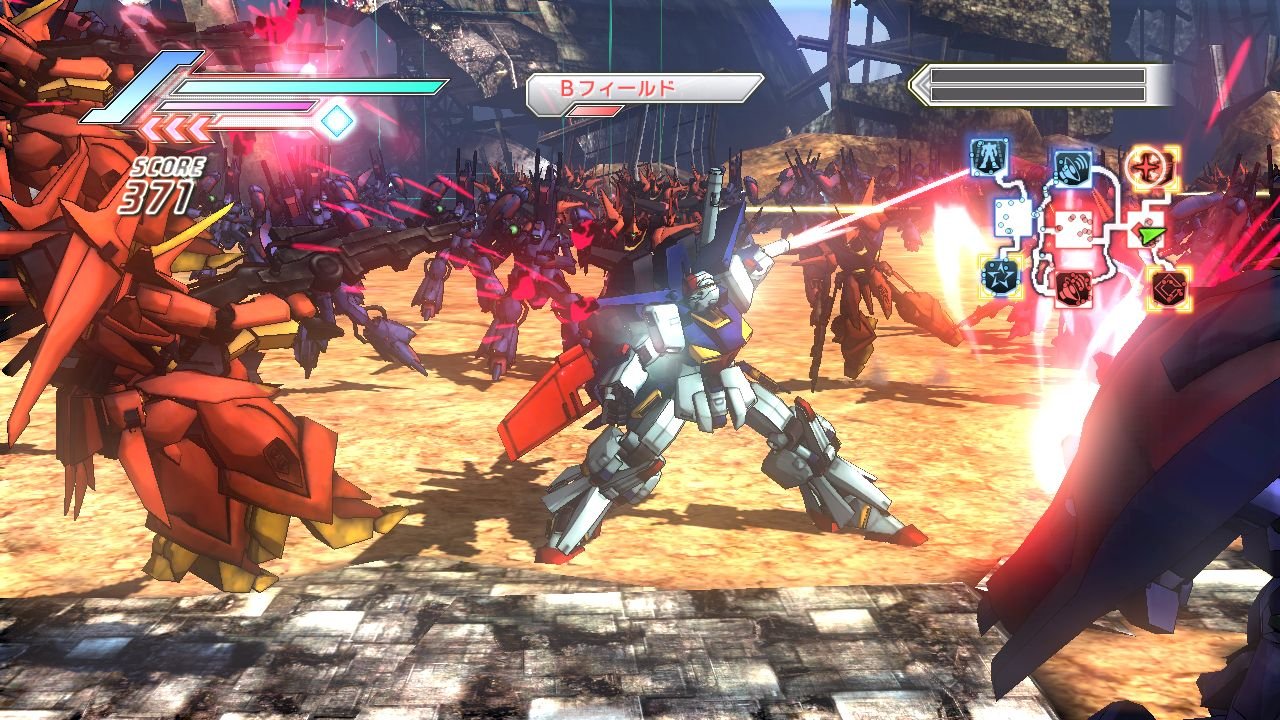Lower dev cost fuels casual games: Tecmo Koei Singapore head
Singapore GM Raymond Wong talks about the reality of the industry and how social network games are the current ruling trend.

Recently, the Singapore Computer Society Interactive Digital Media Chapter invited Tecmo Koei Singapore's general manager, Raymond Wong, to share his insights into the business behind making games. Wong, who has been working in the company since 2004, covered topics as diverse as social gaming and the economy of sequels, and GameSpot Asia was there to report on his talk.
Wong began by bringing up the huge volume sales figures of games like Wii Sports (74 million copies sold), World of Warcraft (11 to 12 million subscribers), and the Sims franchise (100 million copies sold). He then brought Facebook games made by Zynga into the equation, saying that volumes are determined by the trends set by whoever started it. In other words, casual and accessible games are the current market trendsetters, citing that Zynga's market reach is even bigger than Electronic Arts' thanks to its stable of casual games like Cityville and Farmville.
Wong then shared some statistics from a recent National Gamers survey done in 2010 from market research firm Newzoo, which showed that 59 percent of US-based hardcore console gamers and 56 percent of UK-based gamers engage in social network games. Wong said this was because these gamers were used to paying $60 for games on the shelves, and because social games required just a fraction of that cost (for additional in-game items, since the games themselves are free to play), the barrier for hardcore gamers to overcome in terms of monetary spending was relatively low.
Wong then went into some detail on the economics of making console games, starting with the statement that a game developer would usually get a one-third cut from sales profits. He brought up the fact that developers and publishers who plan to make games for companies like Sony and Microsoft are expected to pay royalties to them (usually $10 to $15 per copy for the company's respective platforms). Said royalties are waived if that particular title is a platform exclusive. A $60 title would only net a developer $20. Hence, more and more publishers are leaning towards the casual gaming trend because of increased returns when compared to publishing current-gen platform games and the fact that developing a game like Farmville isn't as cost-heavy as making a triple-A title.
For actual development and production costs to break even, Wong said that a particular title needed to sell about 20,000 to 30,000 units. In reality, 100,000 in sales is the ideal number. He said that the length of a new triple-A (or even low-key) project is usually 20 months. If one were to add in, in his example, two months extra due to unforeseen bugs or real-world hiccups, the production costs rises up by 10 percent. That particular cost does not factor in developer wages, shareholder cuts, and marketing and promotion.
Wong stated that these overlaying factors are what make a game development business known for schedule crunches. Games with short production cycles, too, can't afford the luxury of being perfect, as they usually would be shipped out with a bug or two. Conversely, a production cycle would be monetarily fatal to a team filled with perfectionists.

Being in a big publishing house, Wong said that usually out of 10 major titles, only one of them will make back the money spent by the company. Out of the 10, two of them will be original IPs that would usually be the brunt of a research and development team's workload. Case in point, Tecmo Koei falls back to their Romance of the Three Kingdoms and Dynasty Warriors franchises as their "safe" titles, since the title's fan base is very large.
Those two franchises alone, Wong said, help keep Tecmo Koei on the gaming industry map. He states that the alternative to this plan is to "get a two to three man team to make a game where you launch birds onto pigs"--an obvious reference to the overnight success of Rovio's Angry Birds.
Wong also brought up user sustainability, stating that games nowadays aren't shipped without multiplayer. The old model of playing a game and passing it to your friend after use is not viable; game developers are coming up with ways to get the attention of consumers either through online, cloud storage, or microtransactions.
Got a news tip or want to contact us directly? Email news@gamespot.com
Join the conversation